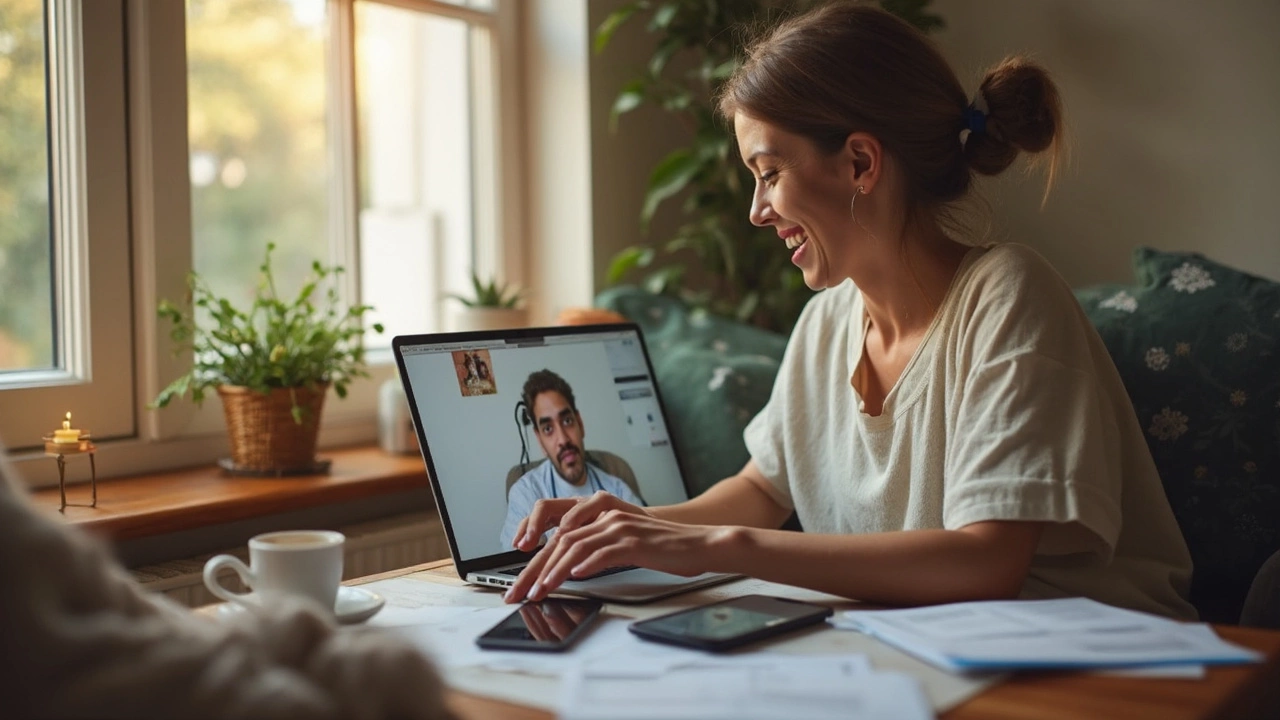Digital Health – Tools, Tips, and Trends
Digital health is changing how we look after ourselves. From apps that tell you whether a headache might be serious to virtual doctors who send a prescription straight to your door, the options are growing fast. Below you’ll find the most useful tools, safety pointers, and quick ways to make the most of what’s online.
Top Digital Health Tools You Can Use Today
Symptom checkers like Ada Health and the NHS 111 online service let you type in what you’re feeling and get a triage suggestion. Recent studies show Ada scores the highest for accuracy, while NHS 111 is best for UK‑specific advice. Use them when you’re unsure, but always double‑check with a real clinician if the advice says “see a doctor urgently.”
Telemedicine platforms (e.g., Hello Doctor, Babylon) let you book video calls with qualified GPs. They’re handy for minor illnesses, repeat prescriptions, or getting a quick opinion before you head to the clinic. Most apps clearly list their fees; some offer a free first consult.
Online prescription services are now part of regular UK care. You can get a digital script for common medicines like antibiotics, antihistamines, or birth control after a video assessment. The law requires the prescribing GP to verify your identity, so look for services that follow NHS‑Ireland guidelines.
Health tracking apps (e.g., MyFitnessPal, Fitbit) help you log food, activity, and sleep. When paired with your doctor’s advice, they give a fuller picture of what’s working and what isn’t.
How to Choose Safe and Effective Digital Health Services
First, check the credentials. A reputable app will display the qualifications of its doctors and any regulatory approvals (e.g., MHRA, FDA). Second, read the privacy policy. Your health data should be encrypted and never sold to advertisers.
Third, watch out for “too good to be true” promises. No app can replace a proper physical exam for serious conditions. If an app claims to diagnose cancer or heart disease without a lab test, stay away.
Finally, use the free trial period to test the user experience. Is the booking process smooth? Do you get clear follow‑up instructions? If you feel confused or rushed, try a different platform.
By combining a reliable symptom checker, a trusted telemedicine service, and a good health tracker, you can handle many routine health issues without leaving home. Keep a list of your favorite tools, update them when new research comes out, and always have a backup plan to see a face‑to‑face doctor when needed.
Digital health isn’t a fad—it's becoming part of everyday care. Use the tips above to stay safe, stay informed, and get the right help at the right time.


